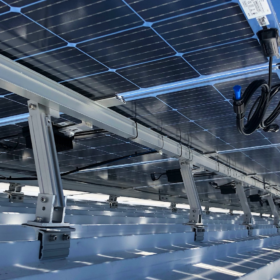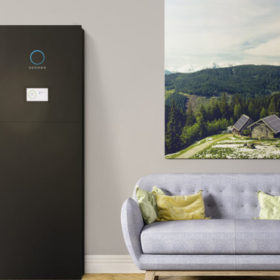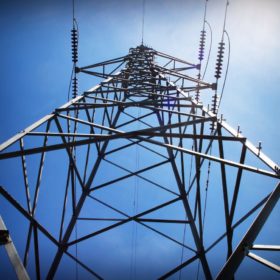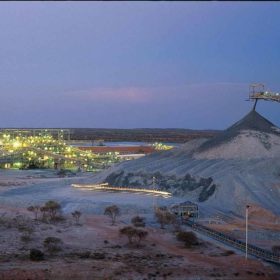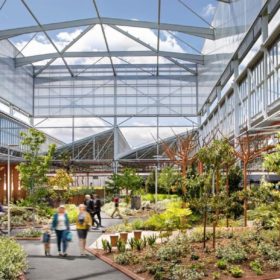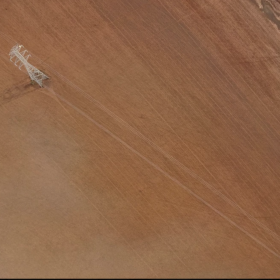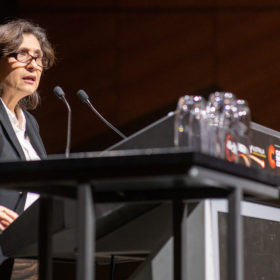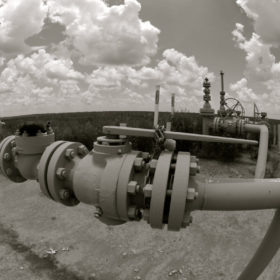Vicinity sets net zero carbon target by 2030, as $73 million solar program nears completion
On the back of a combination of its industry-leading solar program and energy efficiencies, Vicinity Centers has announced a zero net carbon target by 2030 for its 34 shopping centers.
UniSA research finds batteries make economic sense in South Australia
Under the right conditions, solar batteries are economically beneficial for South Australian homeowners and can pay for themselves off within the warranty period, a new research finds.
AEMO: Australia will need 15 GW of utility-scale storage by early 2040s
Increased storage and strategic transmission development will be needed to ensure the lowest cost and risk transition of Australia’s energy system, the Australian Energy Market Operator states in its latest study. In 20 years time, the need for storage will be at a scale not seen before in the NEM, and both pumped hydro storage and distributed storage are set to play major roles in lowering wholesale electricity prices and building a reliable and resilient power system.
Queensland government opens funding for new hydrogen projects
Applications are now open for the Queensland government’s $15 million Hydrogen Industry Development Fund, which will support sustainable and renewable hydrogen projects across the state.
2019 shaping as watershed year for renewables in resource sector
As one of the most energy-intensive industries, the resource sector is getting serious about integrating cheap wind and solar energy into its mix to boost bottom lines. Although still predominantly underpinned by gas or diesel, mine operations are increasingly deploying hybrid solutions pointing to the potential of the sector transitioning to 100% renewables – particularly as momentum builds for green hydrogen to play a role in future microgrids.
ZEN Energy readies to build 2.3 MW rooftop solar array at Tonsley
The first phase of a 6 MW solar array planned to power a former car manufacturing site at Tonsley in Adelaide will be delivered by ZEN Energy. The solar installation will ultimately work in conjunction with on-site battery storage and smart technologies as part of Enwave Australia’s Tonsley District Energy Scheme.
South Australia gives 500 MW solar farm coupled with 250 MW battery go-ahead
One of Australia’s largest utility-scale solar arrays and the biggest energy storage facilities was given a tick of approval.
Industry urges consumers to do due diligence as Victoria’s Solar Homes scheme reopens
With the comeback of the Victorian government’s first-in best-dressed Solar Homes program, consumers are urged to do their due diligence as they rush to apply for popular rebates. If incorrectly installed, batteries are a serious safety risk, industry body Future Energy Skills underlines.
Australia edges closer to national hydrogen strategy
Nine issues papers have been developed following national and international consultation as Australia seeks to tap the global transition to lower emissions sources of energy.
Energy sector gets first open-source, tailor-made blockchain
A public enterprise grade energy blockchain has powered up with the promise to accelerate a low-carbon, distributed electricity future. For the first time, energy sector companies are hosting validator nodes on a decentralized network as they seek to adapt to a more digitalized and decentralized energy system.
